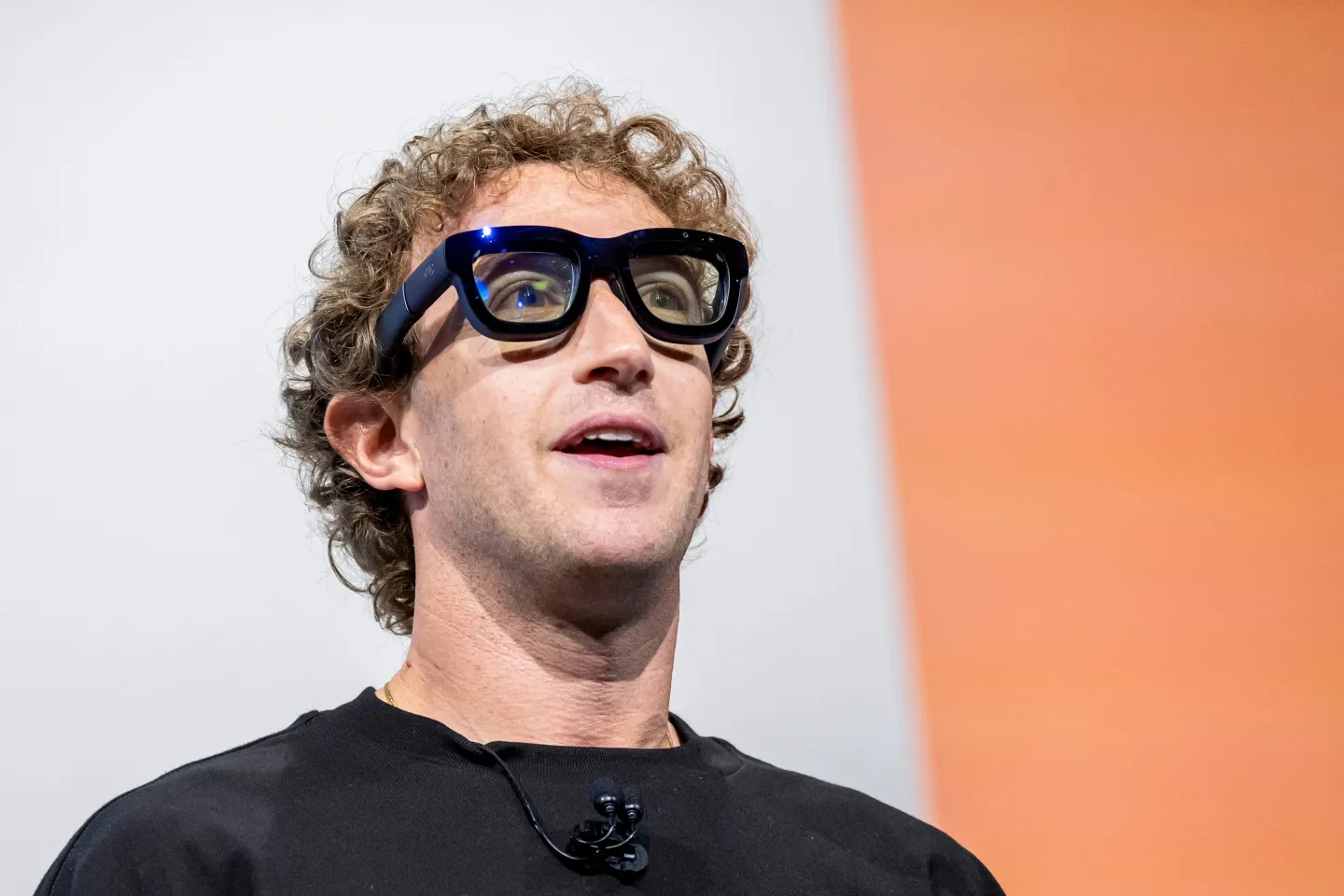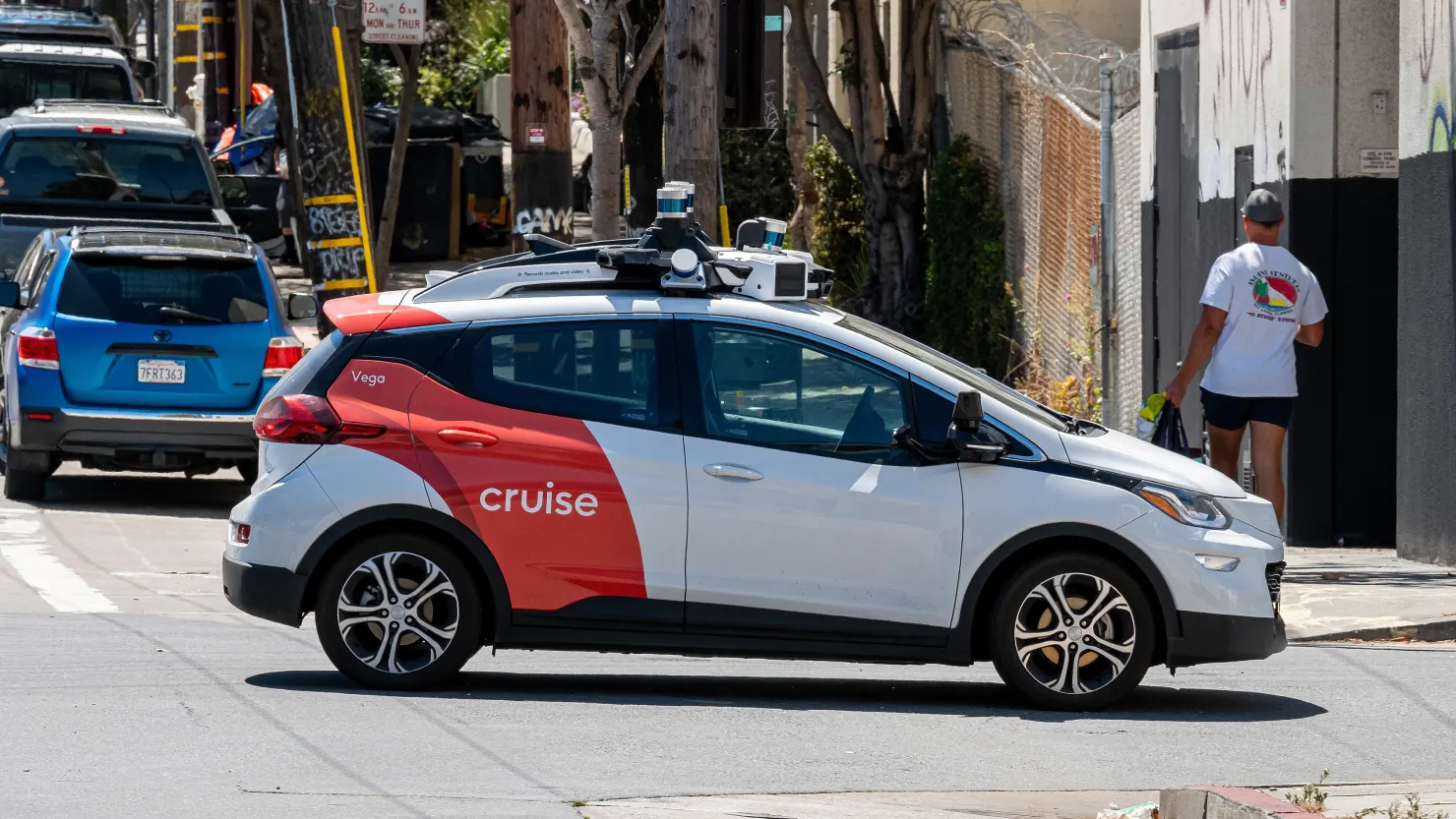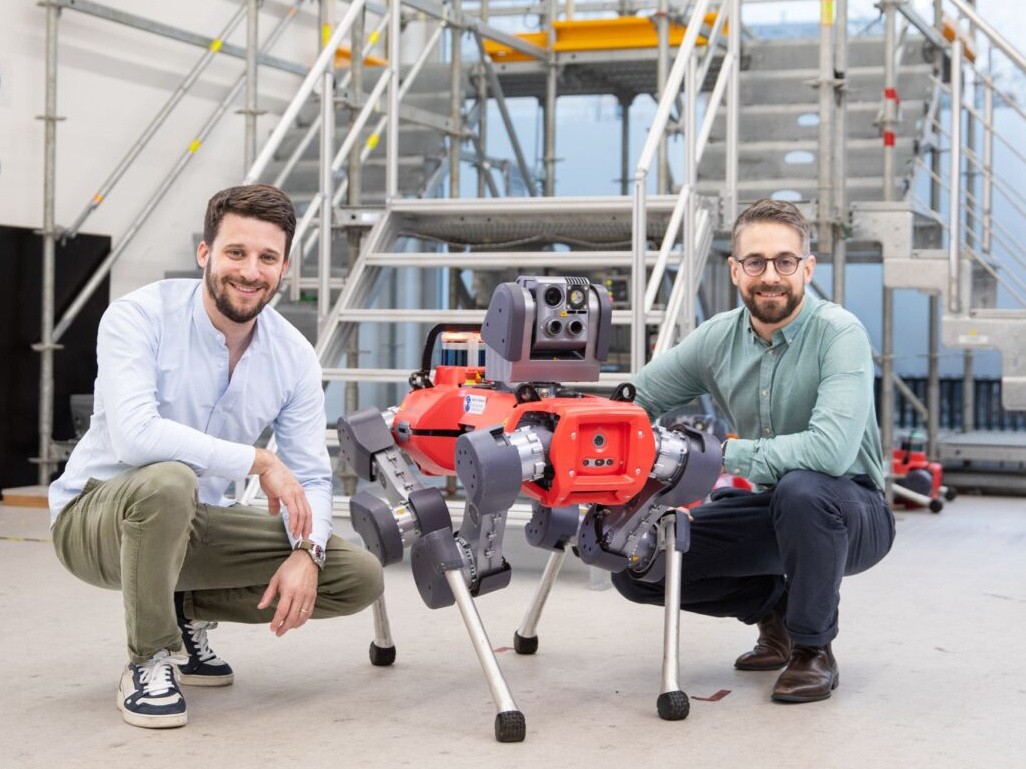A Game-Changing Decision in Summer 2023
In the summer of 2023, Meta faced a pivotal decision: should it release Llama 2, its new generative AI model, as an open-source tool?
Llama 2 was the successor to Meta’s first generative AI model, which had been released earlier in the year. Initially intended for researchers, the original Llama unexpectedly gained traction after being leaked online. Developers praised it for being free, state-of-the-art, and open source, unlike the proprietary models offered by competitors like OpenAI, Google, and Anthropic. Open-source access allowed users to study the model’s code and “weights”—the parameters that determine how it processes information—making it customizable and adaptable.
Yann LeCun, Meta’s chief AI scientist, and Joelle Pineau, VP of AI research and leader of the FAIR (Fundamental AI Research) team, strongly supported an open-source release for Llama 2. They believed it would accelerate improvements, reduce costs, and help Meta catch up in the generative AI race, where it was trailing behind rivals. Meta was also eager to rebound from its heavily criticized pivot to the metaverse, which had disappointed both investors and users.
Risks of Going Open-Source
However, there were significant risks to open-sourcing Llama 2. Executives debated how Meta could monetize a free product once users became reliant on it. Legal concerns loomed large—what if bad actors exploited the model for malicious purposes, such as hacking? Meta had already faced backlash over two previous open-source AI releases, which led to criticism from researchers and U.S. lawmakers alike.
Ultimately, the decision rested with CEO Mark Zuckerberg. Known for his affinity for open-source technology (Facebook was built on open-source platforms), Zuckerberg sought input from across the organization. He consulted supporters, skeptics, and those undecided. After careful deliberation, he made the call to release Llama 2 as an open-source model. “He said, ‘Okay, we’re just going to do it,’” recalled LeCun.
The Official Launch of Llama 2
On July 18, 2023, Meta launched Llama 2, making it “free for research and commercial use.” Zuckerberg personally defended the move in a Facebook post, reiterating his belief that open-source systems foster innovation by empowering developers. “I believe it would unlock more progress if the ecosystem were more open,” he wrote.






